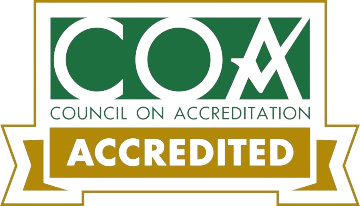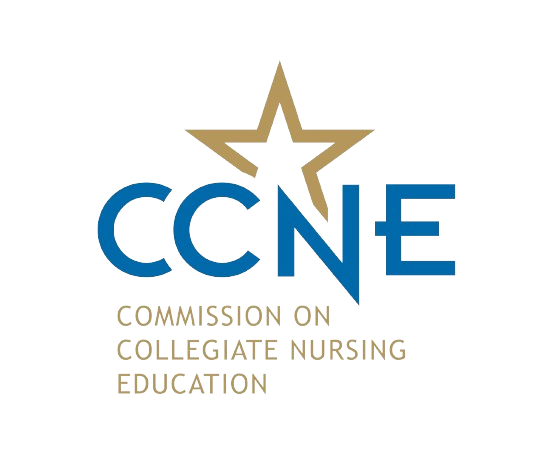Nurse Anesthesiology (DNP)
Expand your scope of practice. Elevate your nursing career.
Take the next step in your nursing career and become a certified registered nurse anesthetist (CRNA) with Mary Baldwin University’s doctor of nursing practice (DNP) in nurse anesthesiology program. Designed for experienced critical care RNs with a bachelor’s degree, our comprehensive program will equip you with the knowledge and skills needed to excel in the field of anesthesia.
- Format
- Hybrid
- Degree
- Doctor of Nursing Practice
Next steps
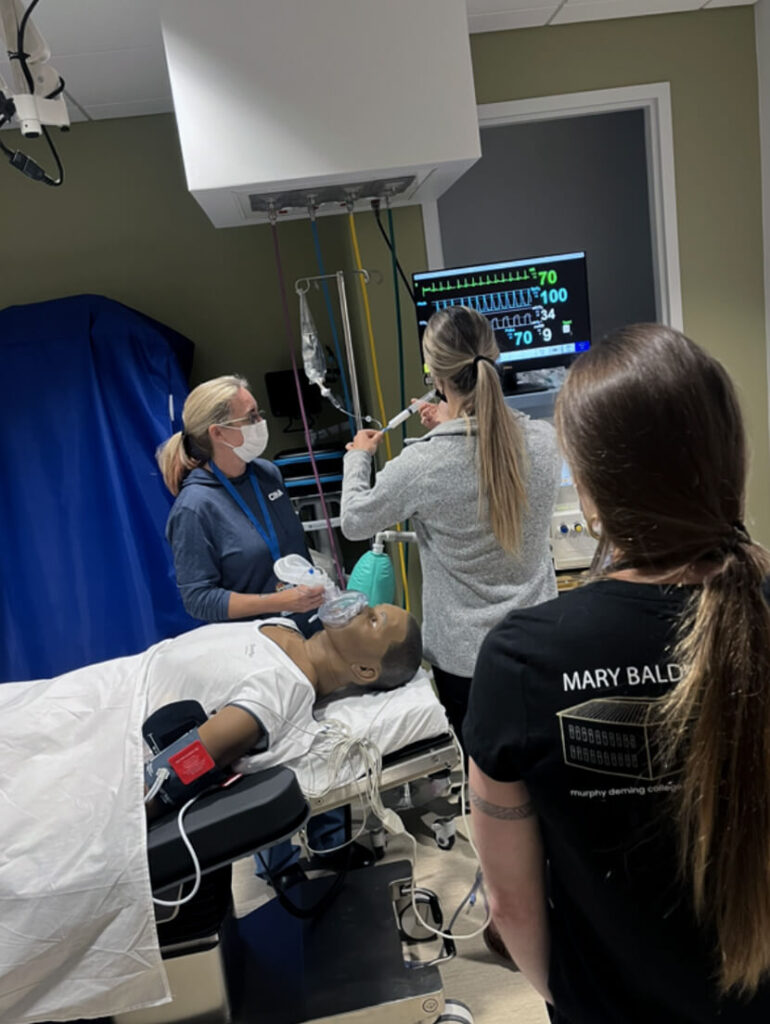
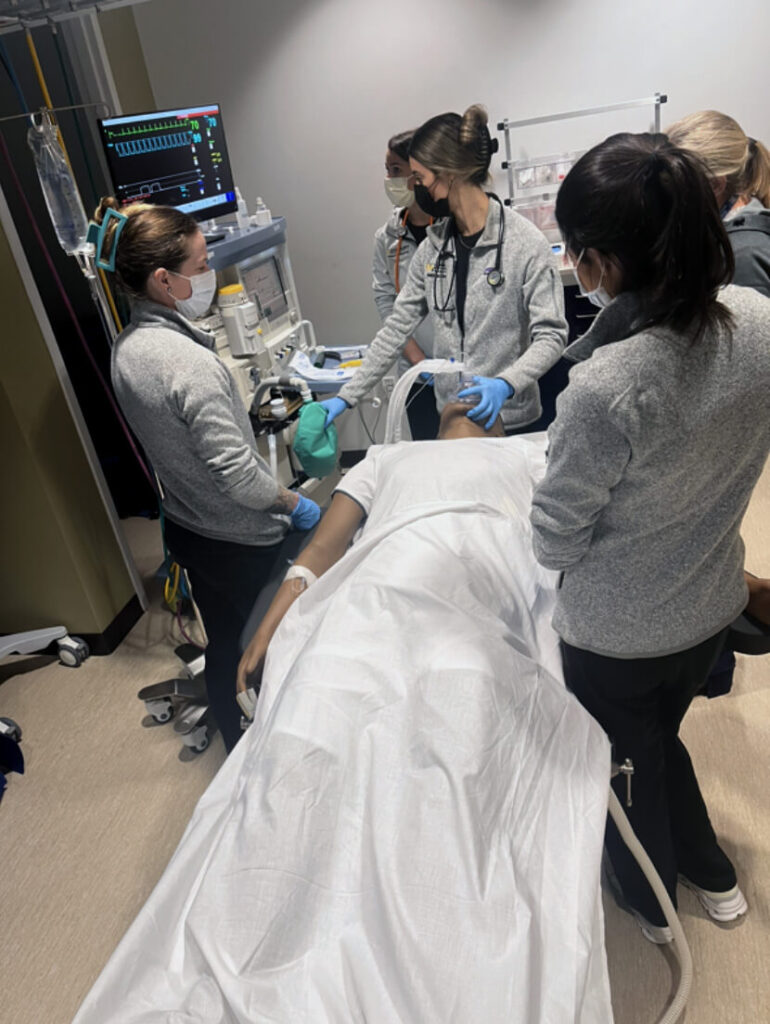
Why Earn Your Nurse Anesthesiology DNP at Mary Baldwin?
At Mary Baldwin University, we are dedicated to training nurses to become skilled anesthesia providers who can deliver high-level care in diverse healthcare settings. Our program focuses on equipping future anesthesia providers with advanced scientific nursing knowledge, leadership skills, and a commitment to providing safe, evidence-based, and culturally competent care.
Through a combination of didactic, simulation, and clinical experiences, our students develop critical decision-making and problem-solving skills in an interprofessional learning environment. We prioritize responsiveness to the healthcare community’s needs and foster the development of culturally competent advanced practice providers who integrate physiological and scientific knowledge into their evidence-based nurse anesthesiology practice decisions. Graduates of our program embody personal integrity, professional responsibility, and ethical behavior and are fully prepared to excel in the perioperative environment.
Upon completion of the program, our graduates will:
- Serve as educators to fellow students and nurse anesthetists, sharing their knowledge and expertise.
- Demonstrate leadership qualities, creativity, and cultural sensitivity in the healthcare community.
- Possess fundamental knowledge of research and its application in anesthesia, enabling them to provide evidence-based care.
- Function as competent and safe advanced practice providers in the perioperative environment, ensuring the highest level of patient care.
The entry to practice DNP degree offers students a hybrid schedule format using a combination of on and off-campus content delivery throughout the program. In this program, you will gain the requirements necessary to be eligible for the National Certification Examination (NCE).
Certified registered nurse anesthetists (CRNAs) work alongside surgeons and other healthcare practitioners to administer anesthesia and ensure patient comfort during procedures. CRNAs practice in outpatient centers, dental offices, delivery rooms, ERs, and other settings.
Application deadlines: 9/1-12/15
Faculty
As a DNP student, you will learn from scholars and practitioners with rich experience in patient care and healthcare leadership. Our faculty members have expertise in topics such as biomechanics, pediatrics, performing arts medicine, sports, orthopedics, and neurological rehabilitation.
Virtual Information Sessions
Discover the future of healthcare education from the comfort of your own space! We invite you to join our upcoming Virtual Information Sessions hosted via Zoom, where the possibilities are limitless, and the knowledge is at your fingertips.
- July 9, 2024
- August 6, 2024
- September 10, 2024
- October 8, 2024
- November 5, 2024
- December 3, 2024
(All events are held at 7:00 p.m. est)
Next steps
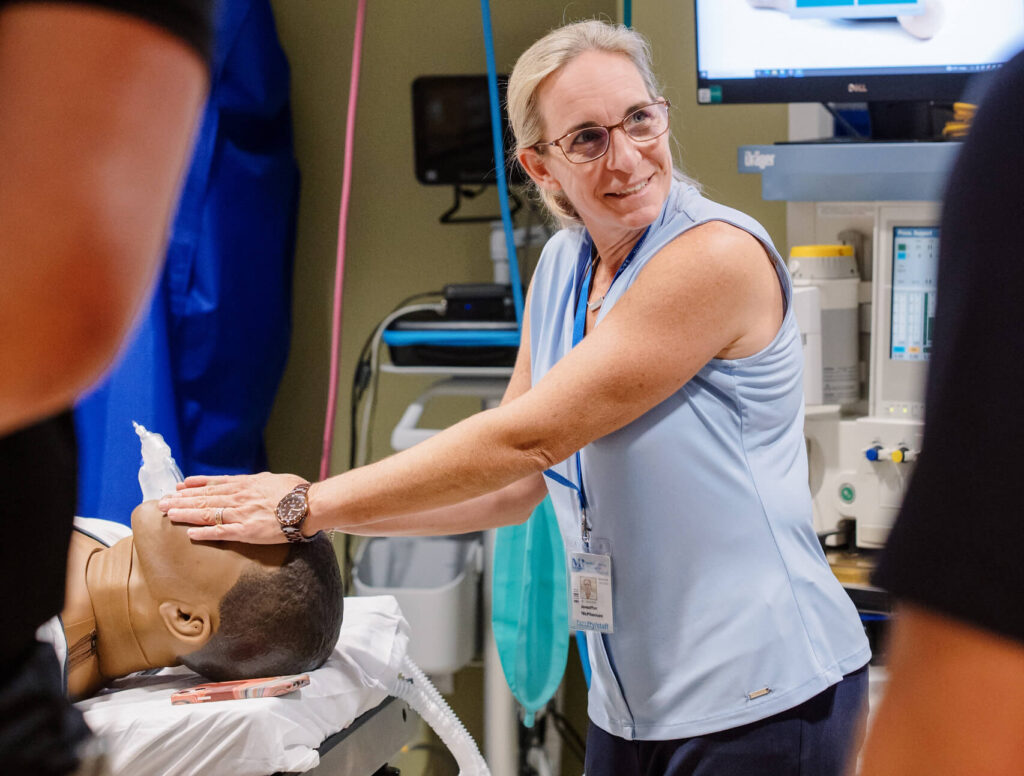
Curriculum and Courses
A doctorate-level nursing program builds on existing clinical skills with a curriculum that focuses on patient outcomes, evidence-based care, and healthcare policy. A DNP not only prepares you to provide primary care, but is also a great path toward leadership, research, and educator positions. The doctor of nursing practice (DNP) is the highest academic credential in the nursing field and prepares you for certification as an advanced practice registered nurse (APRN).
The nurse anesthesiology (NAP) program is divided up over the course of 36 months for a total of 104 credits.
Unique student support
The McCree Center for Life Success assists current students and alumni in finding the best opportunities throughout their career development. We work closely with both faculty and employers to identify how your valued education best matches the needs of today’s evolving marketplace.
Accreditation Information
The Doctor of Nursing Practice – Post-MSN, Family Nurse Practitioner, Adult Gerontology Acute Care Practitioner, and Nurse Anesthesiology programs at Mary Baldwin are fully accredited by the Council on Accreditation (COA) and the Commission on Collegiate Nursing Education (CCNE)
Contact the Council on Accreditation (COA) at 224-275-9130 or address 10275 W. Higgins Rd., Suite 906, Rosemont, IL 60018-5603
Next steps
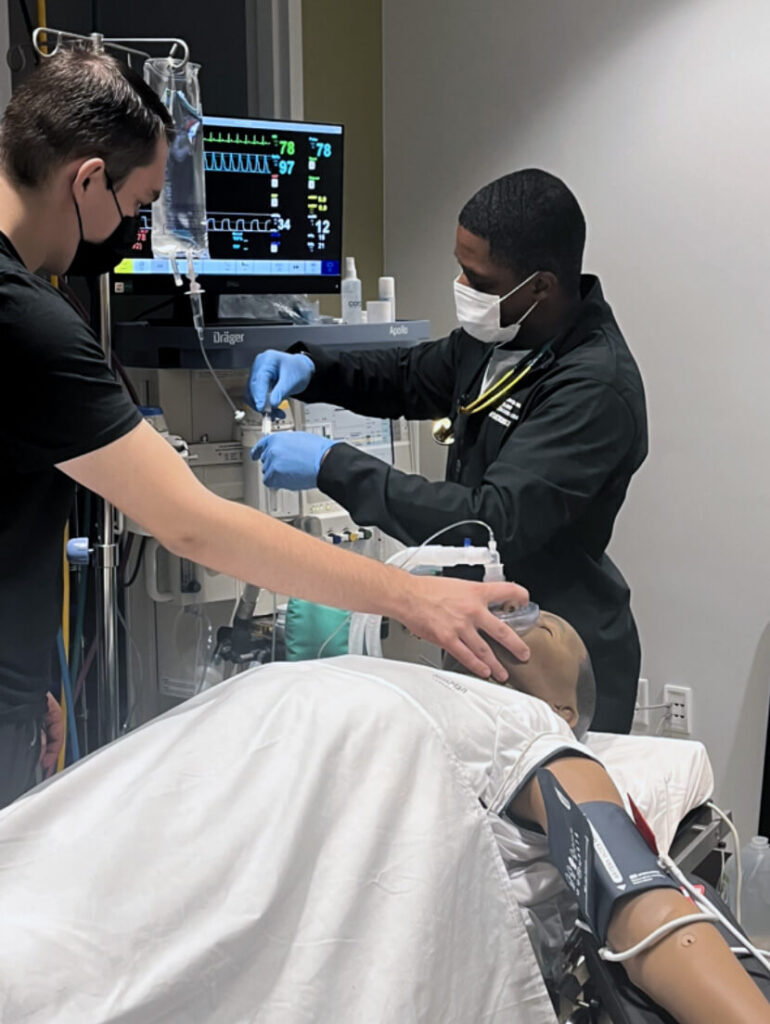
Cost & Financial Aid
Let’s look at the cost of a DNP at MBU, and some of the ways we work with you to make your education affordable for you and your family.
